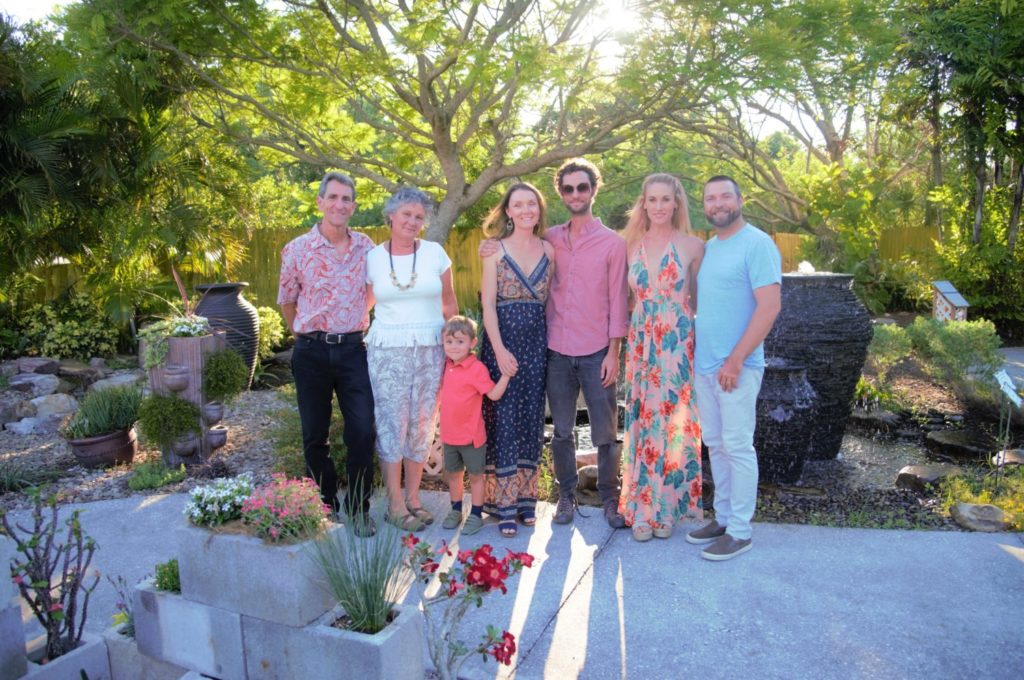
Making Plans for an Uncertain Future
Theresa Riley didn’t always aspire to own the family business. Her parents Harry and Mary Witte founded Rockledge Gardens in 1960, initially as a bulb-packing business. Through the ‘60s and ‘70s, it evolved into the largest and most complete garden center in Brevard County, Florida.
“I always wanted to be in a helping profession,” she says. As the youngest of six, the garden center was always a family business and, starting in high school, she worked at Rockledge Garden, as had her brothers and sisters before her.
“I met my husband [Kevin] in high school and got him a job here, picking weeds, loading customer vehicles and building relationships with customers, plants and each other. A few years later we headed off to Florida State University. I majored in social work, and Kevin majored in advertising and marketing, but we both took horticulture classes as the seed for the love of plants had been sown. The final semester of our education was our internships and Kevin decided to do his at Rockledge Gardens, working on a marketing and advertising campaign and I worked in foster care and adoption through a state organization.
“After the internship experience, I decided that social work wasn’t what I wanted to do for the rest of my life. Kevin and I had both grown to love the garden center, so we decided that that was going to be our career choice at that point. Honestly, I don’t think I could have done it without him—he’s just been very supportive and a great partner in the business.
“And my social work background most definitely prepared me for everyday life and dealing with people.”
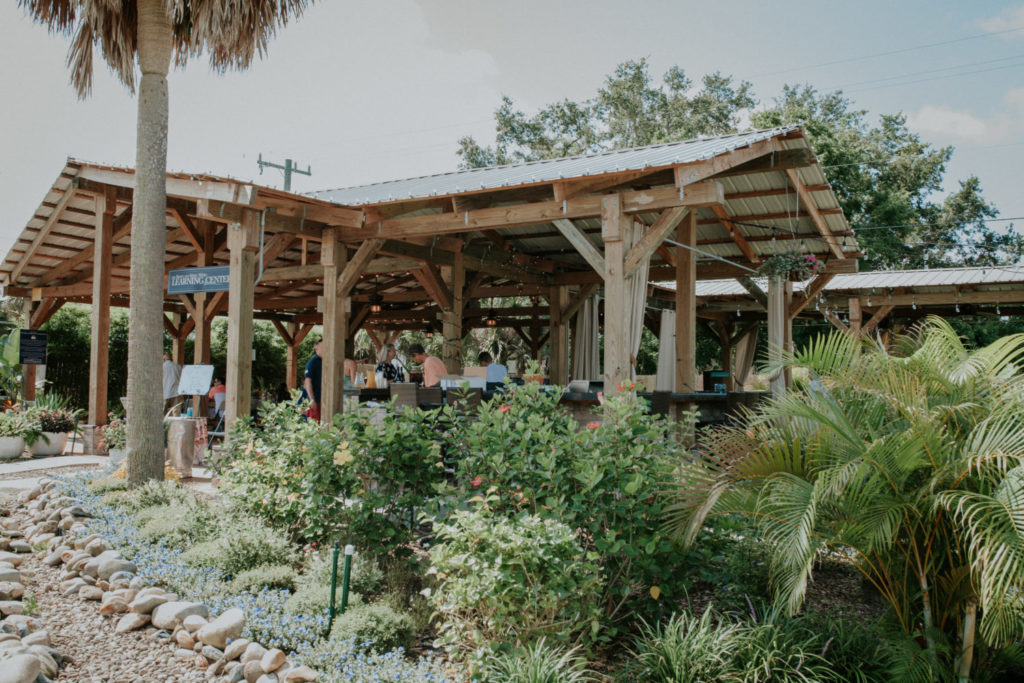
Starting the Transition Process
“We’ve been part of the Garden Center Group for over 20 years,” she says. It was at one of the group’s fall events that they focused on succession planning, and that’s when Riley says they realized they needed to make a plan.
“We knew at that point it wasn’t going to be our children [taking over the business]. We never wanted to push them into taking the business over, and they all had other interests, yet they really love Rockledge Gardens and have been super helpful. The in-laws, too — our daughter’s husband was our manager for several years, and our daughter-in-law Liz has been our managing director now for two years; she’s amazing. But it’s not what they want to do for the rest of their lives, so we knew we’d better come up with a plan, ‘cause we know we won’t be in this forever.
“Then in 2019, we lost two very close family members — my sister passed away after a nine month journey with cancer. A few months later my sister-in-law died very suddenly of a rare disease. It was then that we really started thinking about the rest of our lives and how we wanted to spend it. Though we truly love the garden center, we look forward to fulfilling some of our dreams for the rest of our lives.
Finding a Suitable Suitor
“We began by reaching out to people we knew, and a few people came to us when it wasn’t really official yet, like, ‘Well, we heard that you might be looking for new owners,’ so we decided that we needed to get ahead of the message because rumors are not healthy for any person or any business. So we carefully drafted a letter to our customers to let them know. And that was hard — really, really hard — because we didn’t know what their reaction would be.
“But the reaction has been just wonderful. Very, very positive and caring. Out of that letter, we have two pretty serious inquiries and people that we’re talking to right now.
She says the transition is a vitally important part of the process. “One of the big questions is, how are you willing to stay and how long is Liz willing to stay. We don’t expect to just check out the day after [it’s sold], unless they want us to. It’s important to us to have a transitioning period with the new owners and introduce them to the community and to the staff. It’s important to build in that amount of time if it’s important to you and the new owners that help to bridge the gap and help to transition.”
Along the way, Rockledge put out a call for ideas of use for the property in one of its enewsletters. The response was cute, Riley says. “They talked about a lot of the things we’re already doing. They liked the idea of wine and beer and outdoor activities with music and such. One person asked about water gardening and water gardening tours, one person asked for a game night with trivia and that kind of thing.
“Other than that, it wasn’t a lot of, ‘You should do this, you should do that.’ It was more like, ‘We love what you do and we hope it continues, and thank you for what you do.’” She acknowledges that some of the response is that people are sad, but she says they try to change the message to “don’t be sad, because we really are making it a goal to find somebody that will make [Rockledge Gardens] even better. We’re trying to make it really clear that we’re working toward finding someone with similar values, the same mission that we have. Education is hugely important to us. Community involvement and community welcoming is really important, and of course, beauty and care of our staff and center customers — those are the things that we value and we certainly want to find someone else that will value them too.”
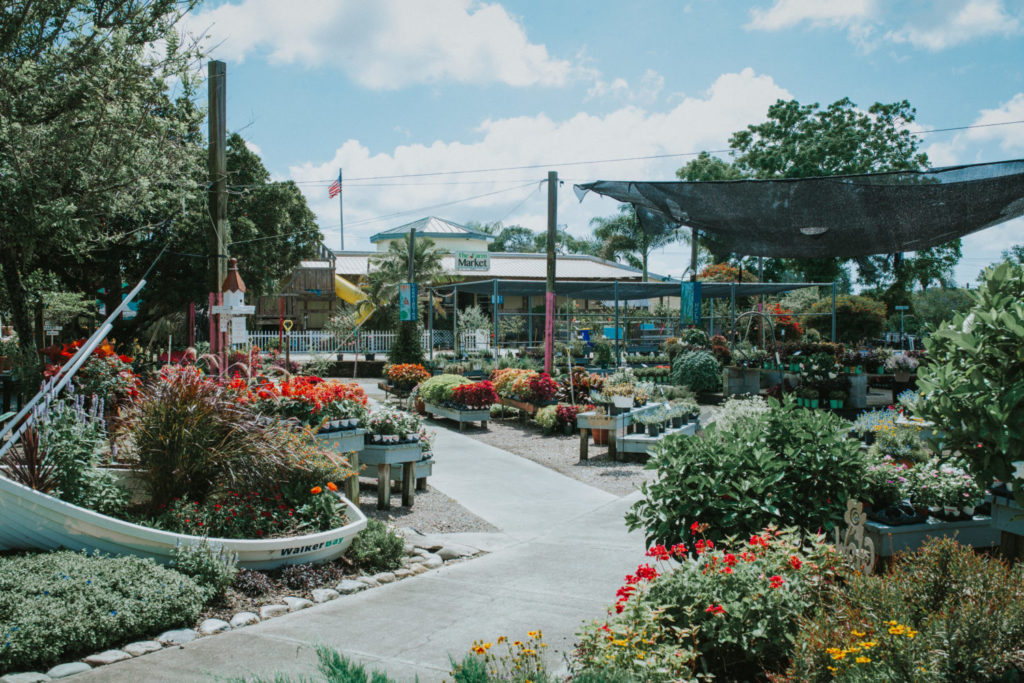
Fixing to Sell
Riley says there have been continuous improvements through the years at Rockledge Gardens, partly because her dad could never sit still. Before he died in 1998, they built a wooden screened-in butterfly garden structure that’s now been rebuilt into a pool enclosure-type structure with aluminum siding.
“My dad got to see the original built and that whole symbolism of the butterfly and the stages of butterfly growth,” she says “which we have used as an educational tool, and then teaching people about attracting pollinators.”
Natural disasters also forced some improvements on the property. “We had three hurricanes in a row [Hurricanes Charley, Frances and Jeanne in 2004] that caused us to close down for two weeks. We had already had plans to move our parking and to build a new cash register and greenhouse, and that pushed it to happen much quicker. It included a whole redesign of the layout of the garden center, so that was a big project.
“And then a brand-new retail greenhouse. It was kind of a hard time to do it because the economy suffered for a little while after those hurricanes, and it forced us to do it faster than we were really ready.
“The next really big improvement was our learning centers, where we now do our educational programs, and weddings. There’s a big pavilion with a big garden area that are display gardens and a grassy area where weddings happen.
“COVID kind set it back because a lot of people canceled weddings, but not all of them did, and we’re starting to rebook again. We actually have quite a few in the books for this spring and fall that we hope we’ll be able to continue. It’s certainly an advantage having it as an outdoor space where it’s safer to be right now.
The on-site market is another improvement. The store building for the original citrus packing plant, which was there before Riley’s father bought it, is now a permanent farmers’ market with local vendors that make products, as well as the produce from local farms that they partner with. There are two chefs on-site who prepare meals in a commercial kitchen.
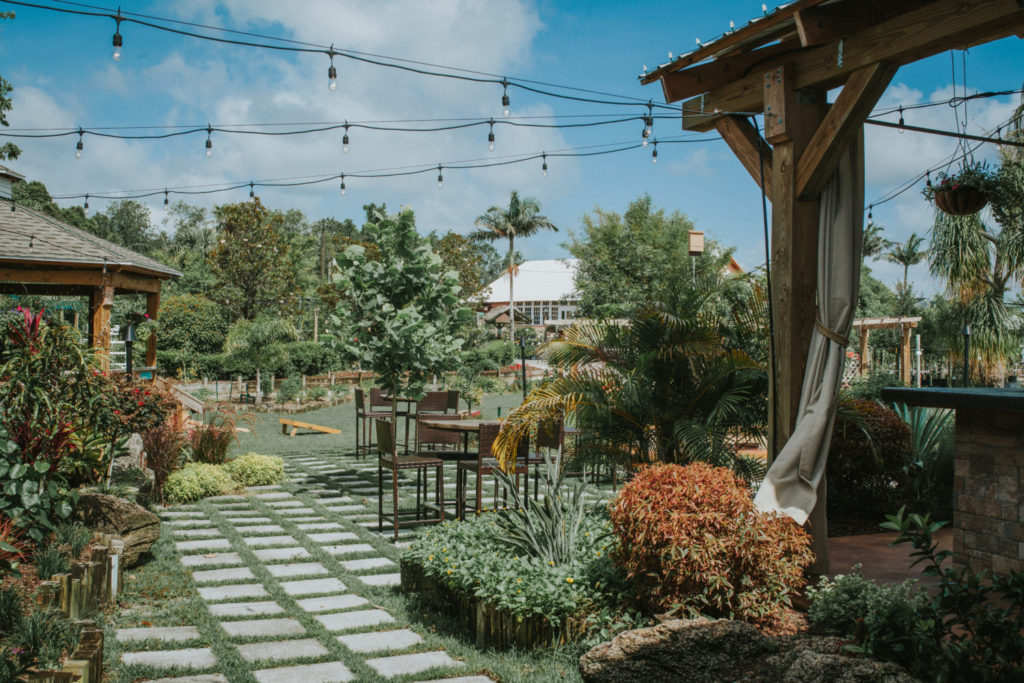
Having the Talk
Riley says it’s important for garden centers looking for a successor to just start planning.
“Start having the conversation. The hardest part is the first six months, because obviously, there’s a very emotional attachment to a business you’ve been involved with. Kevin and I have been involved for 45 years, and that’s a lot of our life and it represents so much to us as far as our family.
“Kevin and I lived on the property when we first got married in a little caretaker cottage, so there’s a lot of emotional attachment, but the conversation has to happen because you have to think about what if we die suddenly? Do we want to retire? And even if you don’t want to retire, you have to plan on what could possibly happen. That’s the other thing COVID has taught us — how vulnerable we are, people that are very healthy one minute are not even with us the next, so have the conversation, start to make the plan. It’s not easy, but it’s so, so important.”
Because of the emotional attachment, she also suggests having some outside help. She suggests “having a consultant or someone to guide you through the process, to ask the right questions and help you to look at what your values are, what you’re looking for in new owners.
“And some people’s decision will be that the land is so valuable that they’re going to sell it for a housing development or something — I talked to someone recently that did that. People just have to decide what’s important to them. To us, at least at this stage, having Rockledge Gardens is important. And we do realize that once you file that paper, the new owners could fail or succeed or change it or do whatever they want. But you want to get a good feel for who you’re working with and what it might become.”
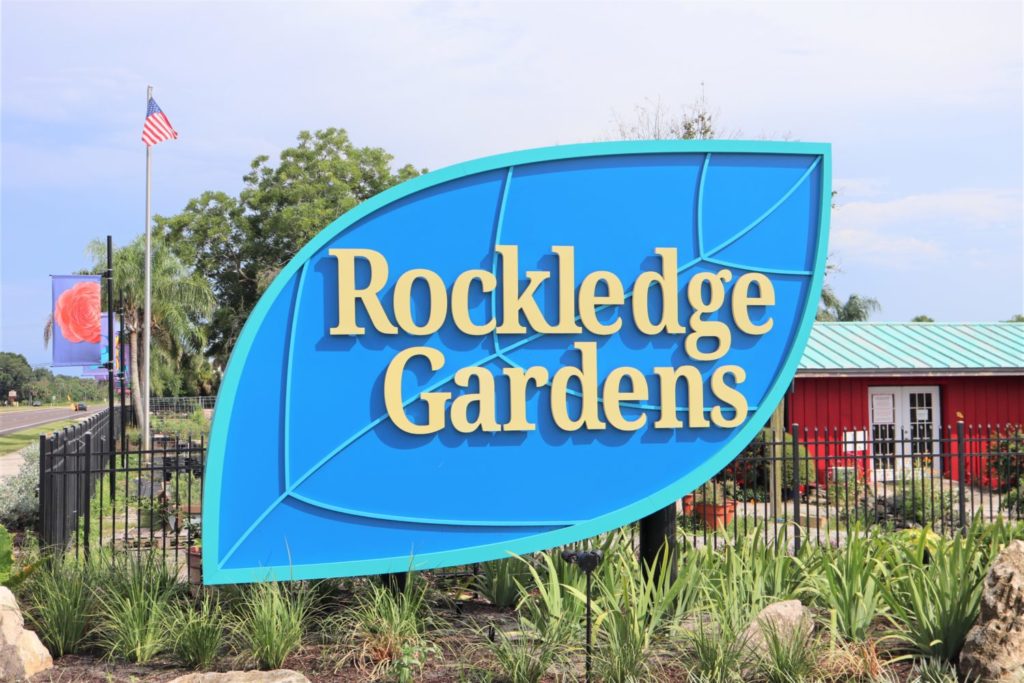 A Rosy Future
A Rosy Future
“Kevin and I just have lots of things we wanted to do,” Riley says. “We have a home in North Carolina, so we want to spend maybe five months of the year in North Carolina, five months [in Florida], and for other two months be bopping around in our little camper and visiting other family that’s not in the state — visit other family and state parks, that kind of thing.
“And do our gardening. I’ve got a dream of a little flower cart business where we grow flowers both in Florida and North Carolina and bring the little flower cart to farmers’ markets and nursing homes and such.”


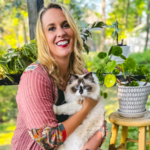



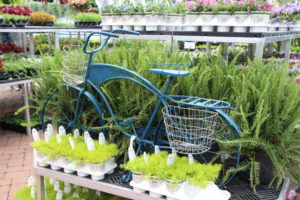
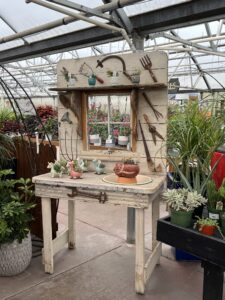
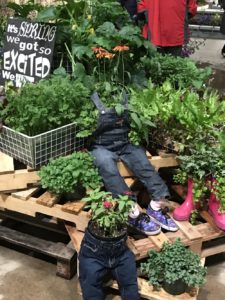
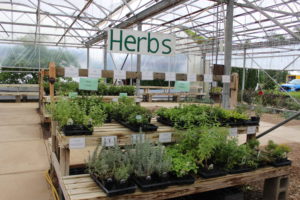
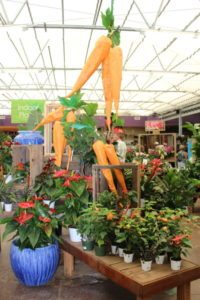
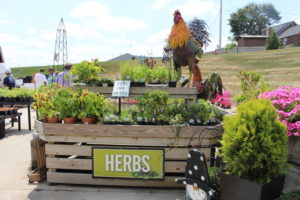
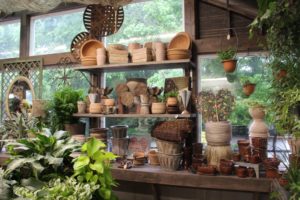
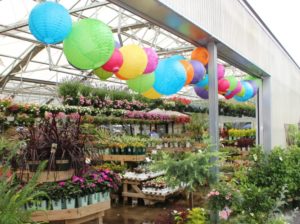
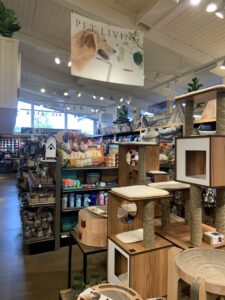
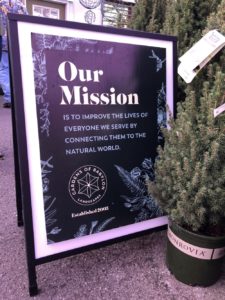
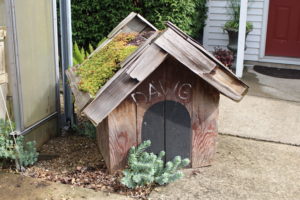
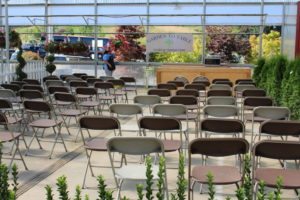
 Videos
Videos





